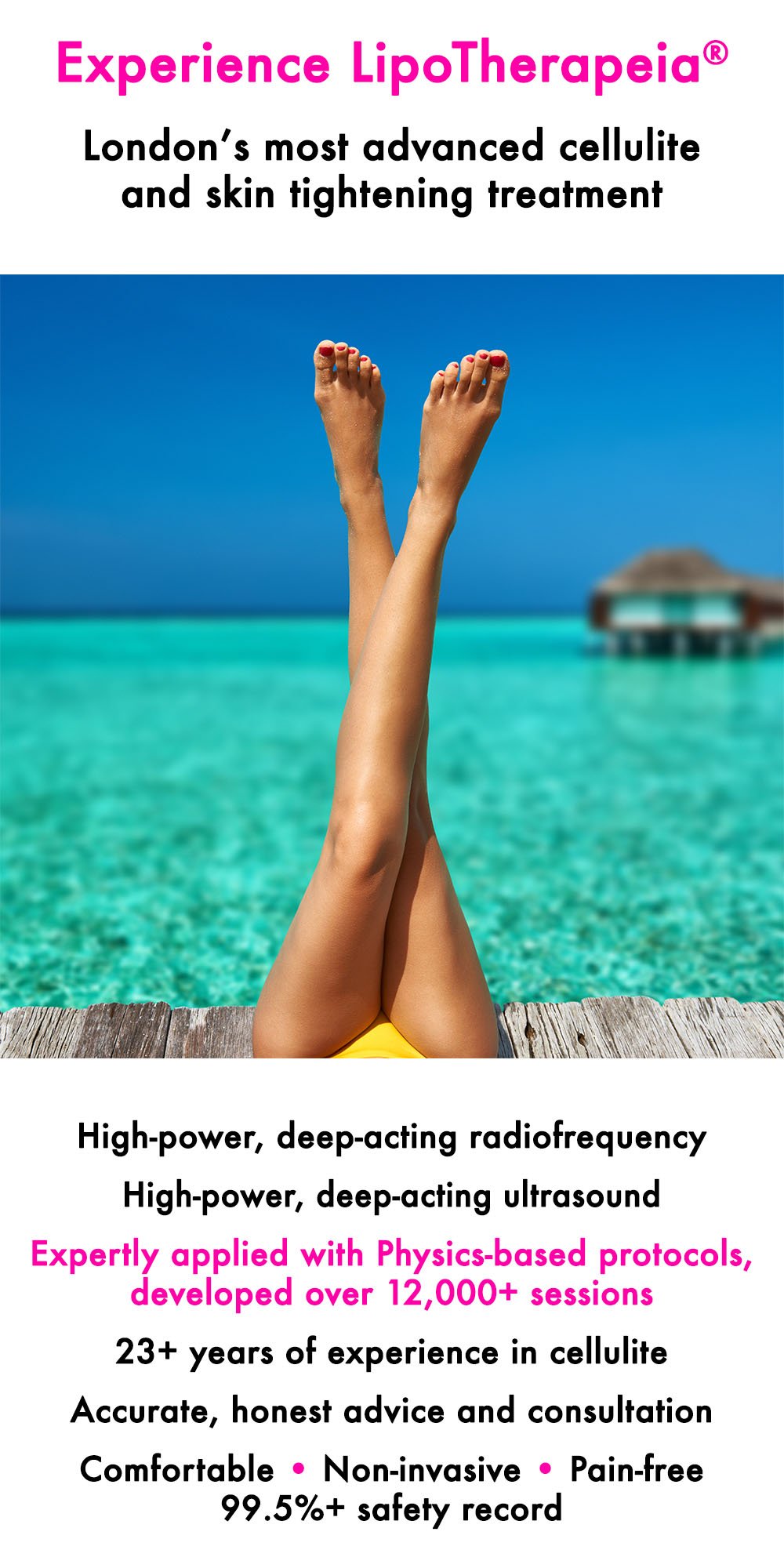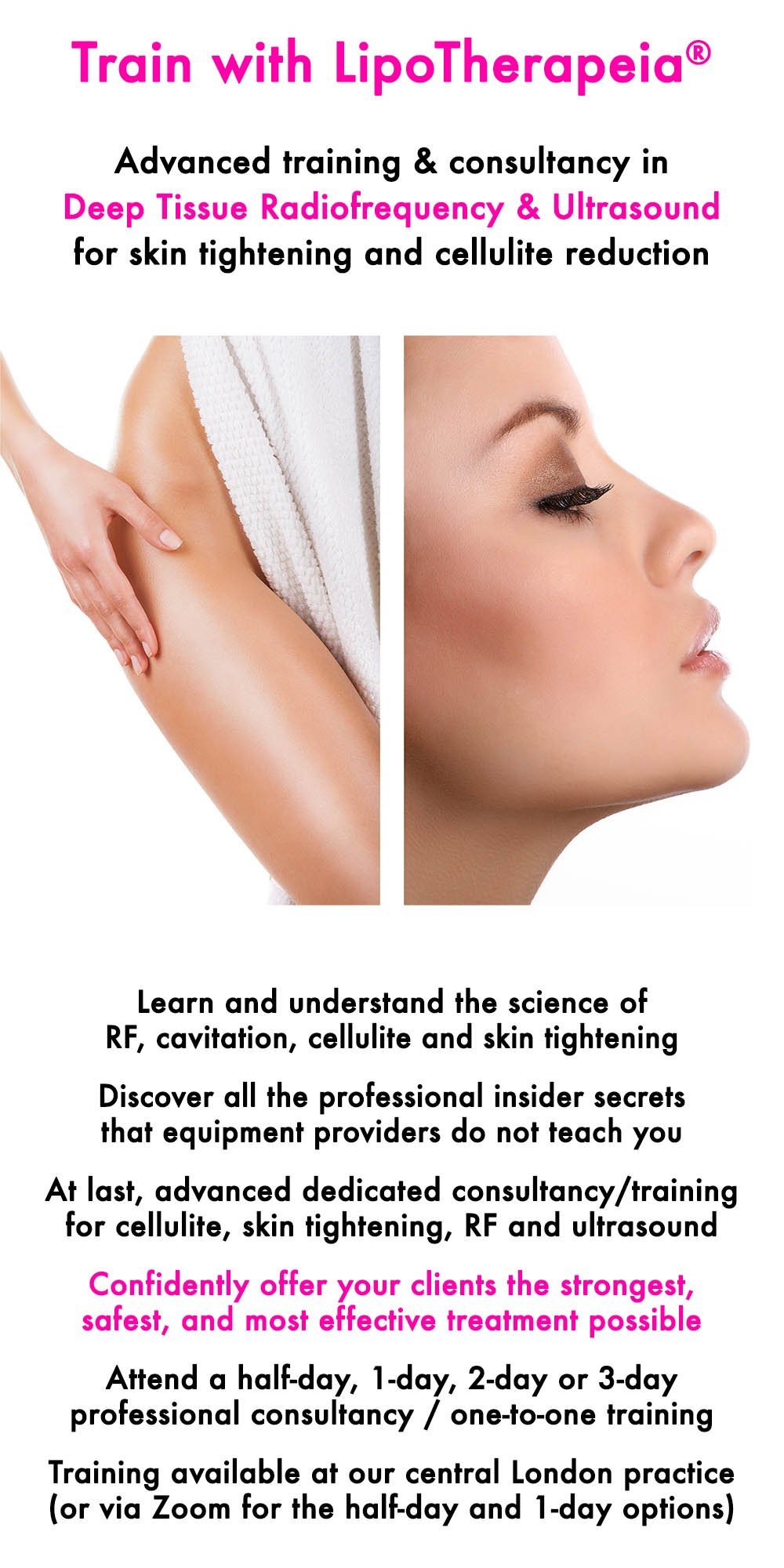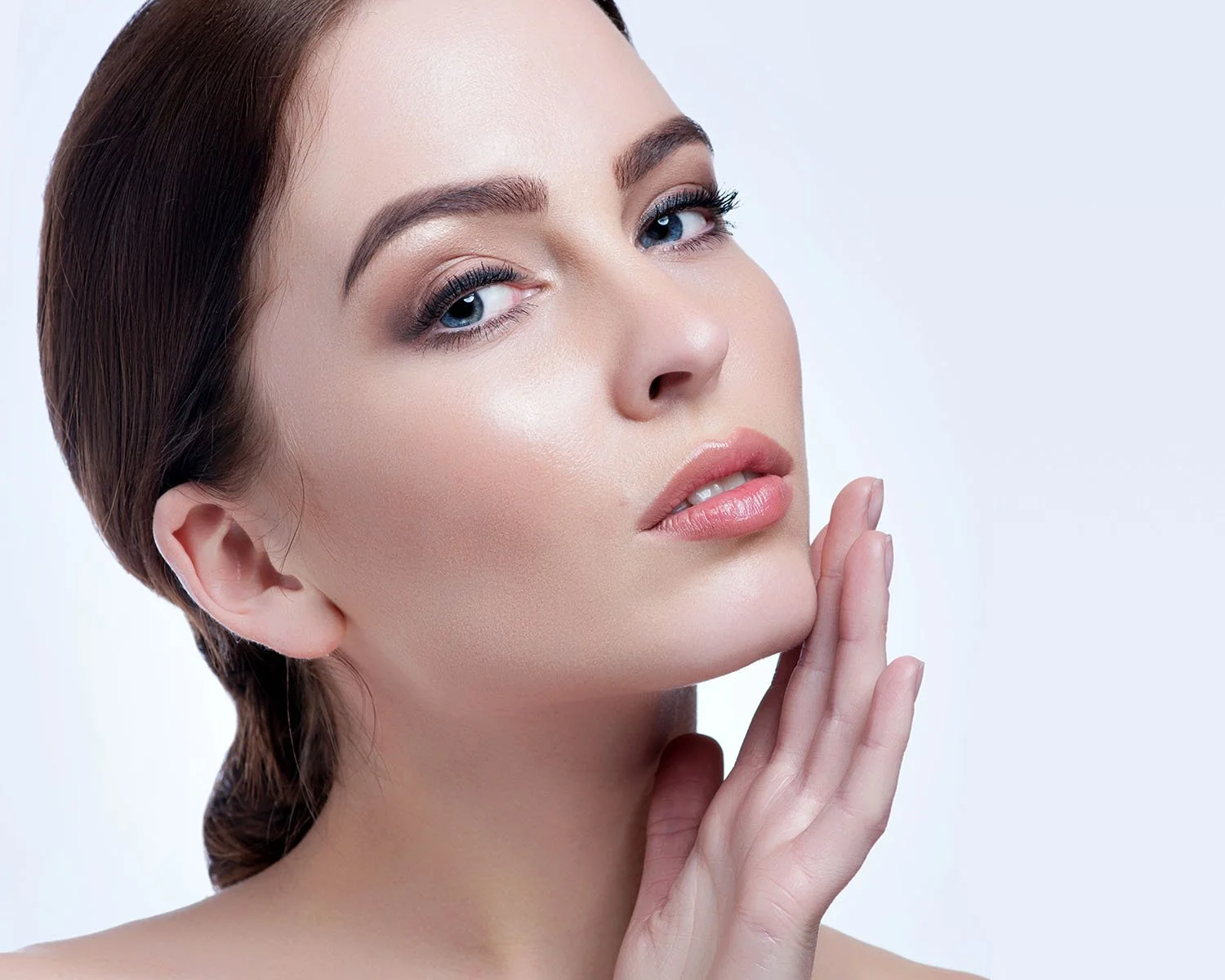“This study has shown that pterostilbene inhibits fat accumulation in three different ways and can therefore have a positive contribution in the fight against overweight, obesity and also cellulite”
Pterostilbene, resveratrol, berries, fat accumulation and obesity
Obesity, a metabolic disease characterised by excessive accumulation of fat in the body, is closely related to many diseases such as cancer, diabetes, cardiovascular, dyslipidemia, hypertension, sleep apnea and overall ageing. As a result, obesity has become a global public health problem and there is a constant search for natural compounds to prevent or reduce obesity.
Adipogenesis, i.e. the growth of new fat cells, is accompanied by fat accumulation and consequent adipocyte hypertrophy (fat cell enlargement).
Pterostilbene, a small molecular weight stilbenoid compound chemically related to resveratrol and found predominantly in black grapes, blueberries and other berries, has important anti-adipogenic, antioxidant, anti-inflammatory, anti-diabetic and anticancer properties.
Resveratrol is already widely known for its anti-ageing and anti-obesity properties and pterostilbene (3',5'-dimethoxy-resveratrol), being a more stable and more absorbable form of resveratrol, shows much more promise in fighting both ageing and fat accumulation.
Pterostilbene and fat cells
In a recently published study pterostilbene was found to have the following effects in adipocytes (fat cells):
Pterostilbene inhibits adipocyte proliferation and growth (in simple terms, with pterostilbene fat cells stop growing both in numbers and in size)
Pterostilbene reduces adipocyte lipid accumulation (in simple terms, with pterostilbene fat cells do not accumulate fat inside them)
Pterostilbene, at high concentrations, induces apoptosis in differentiated 3T3-L1 adipocytes (in simple terms, with pterostilbene mature fat cells die off)
Pterostilbene preserves fibroblastic morphology in preadipocytes (in simple terms, with pterostilbene baby fat cells grow into a collagen cell form rather than into a full-blown fat cell form)
According to the study authors, “All our results show that PTS can be considered to have a significant role in the treatment and prevention of obesity by reducing the differentiation of preadipocytes with its anti-adipogenic and anti-obesogenic effect”.
Pterostilbene against obesity and cellulite
Based on the above data, pterostilbene shows great promise both against overweight and obesity.
Given that runaway lipid accumulation, adipocyte proliferation and adipocyte growth in the deeper skin layer (hypodermis) are hallmarks of cellulite, it is obvious that pterostilbene is an important anti-cellulite molecule.
Hence our constant recommendation on this website to consume a high amount of berry fruits, vegetable and oily fish, in addition to exercising and avoiding sugar and fried food, in order to prevent and reduce cellulite.
Pterostilbene in fruits, supplements and anti-ageing / anti-cellulite creams
As mentioned above, pterostilbene is primarily found in berry fruits, grapes and grape vine leaves. Based on the type of blueberry ingested, the content of pterostilbene is estimated to range from 25mg to 130mg per 250 gram of fruit serving.
Pterostilbene is also available in supplement form, at doses from 25-500mg per capsule. If we assume 100mg/400g of blueberries is the average, it makes much more sense to eat 400g of blueberries, which also contain fibre and multiple other polyphenols / antioxidants, than consume 100mg pterostilbene capsules.
Due to its small size below 500 Dalton, pterostilbene is an ideal ingredient in anti-cellulite and anti-ageing formulations. However, at the moment there is no known cream that contains any significant amount of pterostilbene.
Antiadipogenic and antiobesogenic effects of pterostilbene in 3T3-L1 preadipocyte models
Research paper link: https://pubmed.ncbi.nlm.nih.gov/37529167
Abstract: Since obesity causes at least 2.8 million death each year and is a major risk factor for many diseases, it is critical to evaluate alternative treatment approaches. In this context, studies on the research of natural product-based therapeutics in the fight against obesity are increasing. In this study, it was aimed to evaluate the antiadipogenic and antiobesogenic efficacy of pterostilbene a natural phenolic compound in 3T3-L1 cells. The mature 3T3-L1 adipocytes were exposed to pterostilbene at different concentrations and half-maximum inhibitory concentrations (IC50) were determined by MTT assay. Oil-Red-O staining was applied to determine lipid accumulation. Phase contrast microscopy, Giemsa, F-actin and DAPI staining were applied to examine the efficacy of pterostilbene on the morphology of 3T3-L1 adipocyte cells. Moreover, expressions of adinopectin and glucose transporter-4 (Glut-4) in relation to insulin resistance were evaluated using immunofluorescent staining and qRT-PCR. Pterostilbene caused no significant cytotoxicity towards preadipocytes at concentrations ≤7.5 -M and the percentage of viable cells remained above about 86% for 24 h, 48 h and 72 h (p > 0.05). Therefore, pterostilbene treatment at 5 and 7.5 -M was used in the subsequent experiments as safe dosages. In addition, it was observed that pterostilbene treatment reduced lipid accumulation in adipocyte differentiation. Adipocytes treated with a dose of 7.5 -M for 14 days showed less intense lipid deposition and a more spindle-like morphology compared to the adipocytes treated with a dose of 5 -M. Especially on the 14th day, actin filaments were filamentous in adipocytes treated with pterostilbene 7.5 -M compared to the adipocytes treated with a dose of 5 -M; the filaments were similarly oriented as in preadipocytes, and chromatin condensation was observed to be quite high. Our data suggests that the pterostilbene supplementation may help weight control and the antiadipogenic and that antiobesogenic activity is mediated in part by reduction of lipid accumulation and induction of Glut-4 and Adiponectin levels.
For article updates only - delete otherwise
Have a skin tightening/cellulite treatment in London with the experts
Advanced, infrared / red light therapy treatments in London at LipoTherapeia
The Cellulite School™: Get advanced training in cellulite reduction and skin tightening
Have a skin tightening/cellulite treatment in London with the experts
At LipoTherapeia we have specialised 100% in skin tightening and cellulite reduction for more than two decades and 20,000+ sessions.
This is all we study and practise every day and have researched and tried hands-on all the important skin tightening equipment and their manufacturers.
As strong, deep acting radiofrequency and deep-acting, high-power ultrasound cavitation are the technologies of choice for skin tightening and cellulite reduction, we have invested in the best RF/ultrasound technologies in the world.
Furthermore, over the last two decades we have developed advanced RF and cavitation treatment protocols in order to make the most of our technologies, for maximum results, naturally and safely.
And for even better, faster results, we now combine our RF/ultrasound treatments with high-power red/infrared light LED treatment.
Our radiofrequency/ultrasound/LED treatments are comfortable, pain-free, downtime-free, injection-free, microneedling-free, 99.5%+ safe and always non-invasive.
And our focus is on honest, realistic, science-based treatment, combined with caring, professional service, with a smile.
We will be pleased to see you, assess your cellulite, skin laxity or fibrosis, listen to your story, discuss your case and offer you the best possible treatment.
Learn more or check prices and book an expert cellulite / skin tightening treatment at our London clinic (49 Marylebone High Street, W1).
Advanced, infrared / blue / red light therapy treatments in London at LipoTherapeia
At LipoTherapeia we are passionate about phototherapy (also known as photobiomodulation/PBM, red light therapy, infrared light therapy, blue light therapy, LED light therapy etc) and we use the most powerful equipment available today (up to 240mW/cm2), for best results and treatment of large body areas.
We use specialised therapy protocols for skin rejuvenation / anti-ageing, pigmentation / post-inflammatory hyperpigmentation (PIH), moderate/severe acne, skin redness, sensitive/inflamed/irritated skin, wound healing, sports injuries / musculoskeletal pain and overall wellness / well-being.
Our LED phototherapy sessions are comfortable, deeply relaxing and super-safe and are great to enhance our radiofrequency/ultrasound treatments for skin tightening / cellulite reduction.
On our booking page you can book stand-alone phototherapy sessions or combine them with our other treatments, as an add-on.
Learn more or check prices and book an expert LED phototherapy treatment at our London clinic (49 Marylebone High Street, W1).
The Cellulite School™: Get advanced training in cellulite reduction and skin tightening
Do you want to deeply understand radiofrequency, ultrasound cavitation, cellulite and skin tightening?
Attend a half-day, 1-day or 2-day or 3-day one-to-one masterclass and confidently offer your clients the safest, strongest and most effective treatment possible.
Service available via Zoom or at our central London practice.
Learn more or check prices and book training at our London clinic (49 Marylebone High Street, W1)





